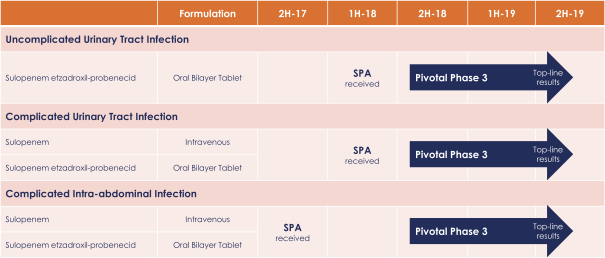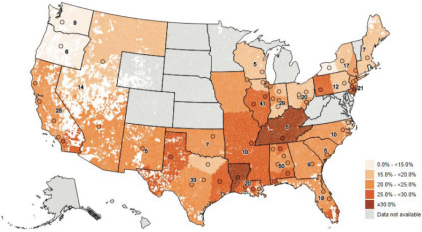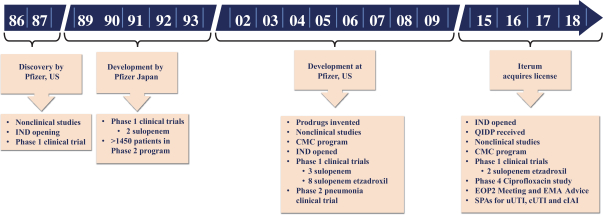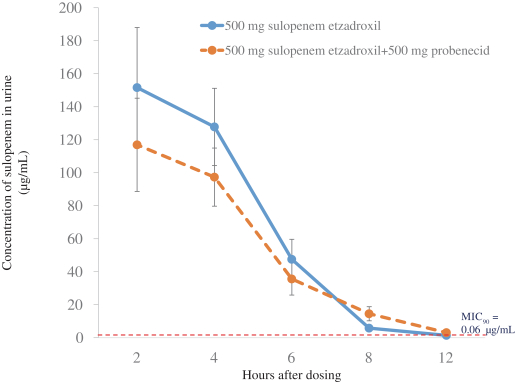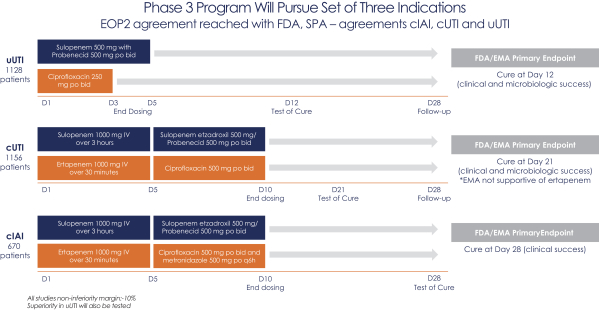that fall outside of our intellectual property rights. If any of our trade secrets were to be lawfully obtained or independently developed by a competitor, in the absence of patent protection, we would have no right to prevent them, or those to whom they communicate, from using that technology or information to compete with us.
We may not be able to prevent misappropriation of our intellectual property, trade secrets or confidential information, particularly in countries where the laws may not protect those rights as fully as in the United States. Furthermore, because of the substantial amount of discovery required in connection with intellectual property litigation, there is a risk that some of our confidential information could be compromised by disclosure during this type of litigation.
We have not yet registered our trademarks in certain jurisdictions. Failure to secure those registrations could adversely affect our business.
We have a pending application for the trademark “Iterum” in Canada, and we have registered trademarks for “Iterum” in the United States, European Union, Japan and Switzerland. If we are unable to secure registrations for our trademarks in other countries, we may encounter more difficulty in enforcing them against third parties than we otherwise would, which could adversely affect our business. We have also not yet registered trademarks for any of our product candidates in any jurisdiction. Any trademark applications we may file for our product candidates are not guaranteed to be allowed for registration, and even if they are, we may fail to maintain or enforce such registered trademarks. During trademark registration proceedings in the United States and other jurisdictions, we may receive rejections. We are given an opportunity to respond to those rejections, but we may not be able to overcome such rejections. In addition, in the USPTO and in comparable agencies in many other jurisdictions, third parties are given an opportunity to oppose pending trademark applications and to seek to cancel registered trademarks. Opposition or cancellation proceedings may be filed against our trademarks, and our trademarks may not survive such proceedings.
In addition, any proprietary name we propose to use with oral sulopenem, sulopenem or any other product candidate in the United States must be approved by the FDA, regardless of whether we have registered it, or applied to register it, as a trademark. The FDA typically conducts a review of proposed product names, including an evaluation of potential for confusion with other product names. If the FDA objects to any of our proposed proprietary product names, we may be required to expend significant additional resources in an effort to identify a suitable proprietary product name that would qualify under applicable trademark laws, not infringe, misappropriate or otherwise violate the existing rights of third parties and be acceptable to the FDA.
Over the long term, if we are unable to establish name recognition based on our trademarks and trade names, then we may not be able to compete effectively and our business may be adversely affected. Our efforts to enforce or protect our proprietary rights related to trademarks, trade secrets, domain names, copyrights or other intellectual property may be ineffective and could result in substantial costs and diversion of resources and could adversely impact our business, financial conditions, results of operations and prospects.
Risks Related to Regulatory Approval and Other Legal Compliance Matters
If we are not able to obtain, or if there are delays in obtaining, required regulatory approvals, we will not be able to commercialize oral sulopenem, sulopenem or other future product candidates, and our ability to generate revenue will be materially impaired.
Our product candidates, oral sulopenem and sulopenem, and the activities associated with their development and commercialization, including their design, testing, manufacture, safety, efficacy, recordkeeping, labeling, storage, approval, advertising, promotion, sale and distribution, are subject to comprehensive regulation by the FDA and other regulatory agencies in the United States and by comparable foreign regulatory authorities, with regulations differing from country to country. Failure to obtain marketing approval for a product candidate will
42

